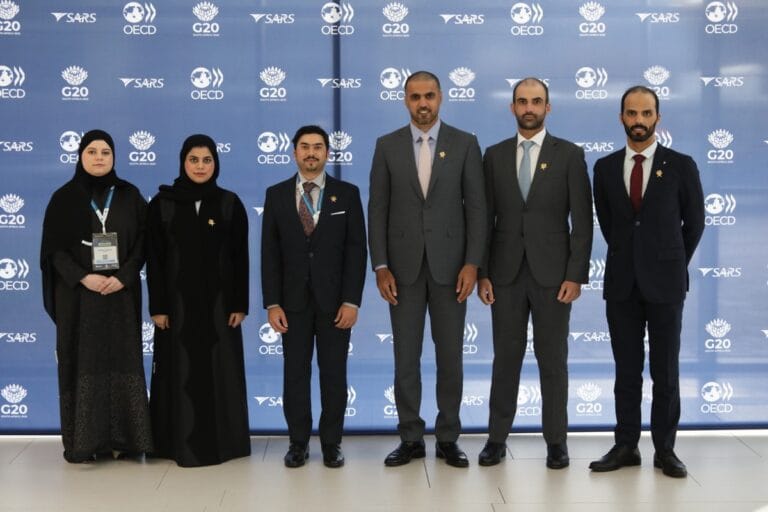🎧 Listen to This Article
Qatar’s General Tax Authority, led by President Mr. Khalifa bin Jassim Al-Jaham Al-Kuwari, participated in the 17th Annual Meeting of the Inclusive Framework on Base Erosion and Profit Shifting (BEPS), held from April 7 to 10, 2025, in Cape Town, South Africa. Qatar’s delegation, among representatives of BEPS member countries and international stakeholders, actively engaged in discussions on advancing global tax policies and enhancing tax compliance.
Context & Background
The meeting, organized by the Organisation for Economic Co-operation and Development (OECD), gathered policymakers, tax experts, and academics to assess the progress of the BEPS initiative. This ongoing project aims to address issues related to tax avoidance, specifically by multinational corporations shifting profits to jurisdictions with little or no tax.
Qatar’s participation in the event underscores its commitment to international tax cooperation and policy development. As the world’s economies grow increasingly interconnected, countries are focusing on tightening tax regulations to combat base erosion and profit shifting, with Qatar positioning itself as a key player in global tax discussions.
Economic & Compliance Impact
The discussions during the meeting focused on key issues like the implementation of the OECD’s Pillar Two framework, which aims to ensure that large multinational companies are subject to a global minimum tax. The talks also touched upon mechanisms for enhancing tax compliance, simplifying tax procedures, and improving revenue management systems. For Qatar, aligning with these global standards is vital in maintaining its attractiveness as an investment hub while ensuring a transparent tax system.
The discussions also included strategies for strengthening international cooperation in the fight against tax avoidance, with an emphasis on sharing tax information between countries. For Qatar, adopting these strategies is essential to ensure that its tax system is fair and efficient, supporting its broader economic goals of sustainability and growth.
Stakeholder Reactions
“This meeting was an important milestone for Qatar in shaping and aligning its tax policies with global standards,” said Dr. Ahmed Al-Mansouri, tax expert at Qatar Financial Center. “Qatar’s active role in the BEPS framework helps reinforce its position as a transparent, fair, and competitive economy.”
Qatar’s continued participation in such global tax discussions also reflects its broader goal to attract foreign investments by ensuring that businesses operate within a well-regulated, transparent tax environment. “By engaging with global tax frameworks, Qatar is setting itself up as a model for tax transparency in the Middle East,” said Huda Al-Khalifa, an economist at the Qatar Economic Forum.
Next Steps / What to Watch
Looking ahead, Qatar is expected to further refine its tax policies based on the outcomes of the BEPS discussions. As global tax regulations evolve, Qatar will likely continue to update its tax framework to comply with international standards, particularly with respect to the OECD’s Pillar Two project.
The General Tax Authority will also focus on further improving tax compliance mechanisms and facilitating easier tax procedures for businesses operating in the country. As global discussions on international tax policy continue, Qatar will remain a key player in shaping the future of tax policy and international tax cooperation.
For further details, clarification, contributions, or any concerns regarding this article, please contact us at editorial@tax.news. We value your feedback and are committed to providing accurate and timely information. Please note that our privacy policy will handle all inquiries



